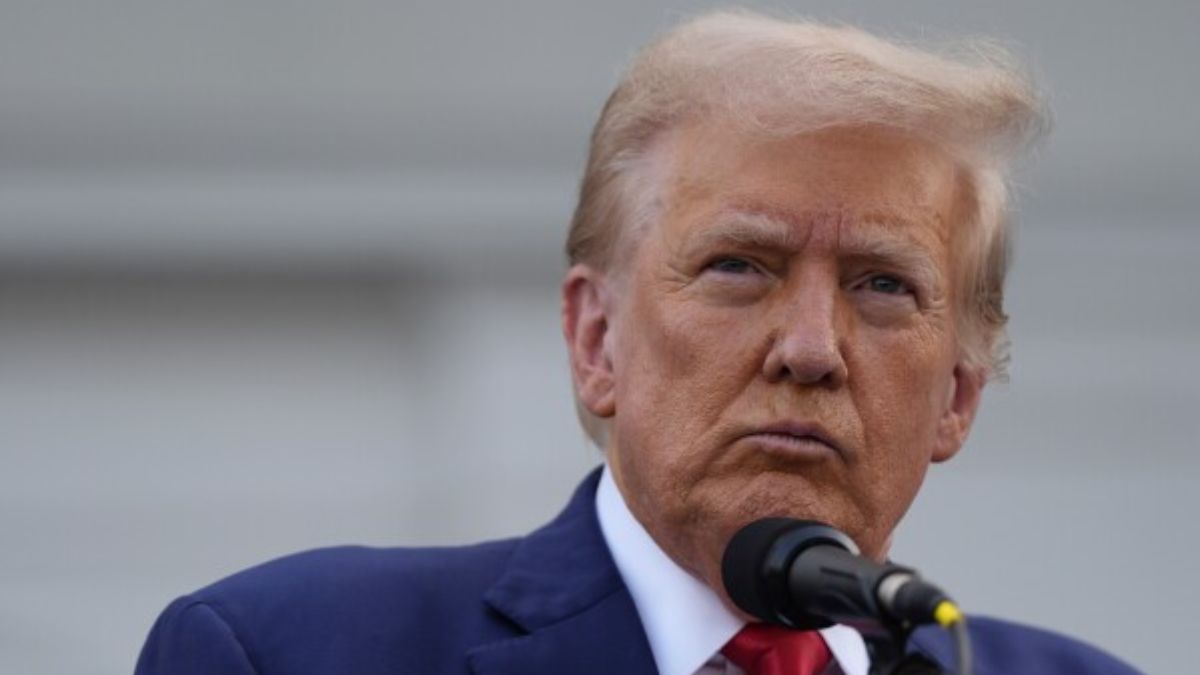Donald Trump is once again at the centre of controversy. This time, it’s for what appears to be a personal crusade against major American banks that allegedly turned down his business earlier.
In recent days, the president has accused banking giants JPMorgan Chase and Bank of America (BofA) of politically motivated discrimination, claiming they “debanked” him and others for being conservative.
But as Trump pushes for federal action against such institutions, a more fundamental question is unanswered: is this about ideological bias, or is Trump retaliating for being denied loans?
Trump alleges political bias
During a recent interview on CNBC, Trump claimed JPMorgan Chase gave him 20 days to close his accounts, despite a decades-long banking relationship. “They told me I had 20 days to get out,” he said.
As for BofA, Trump recounted that after leaving the White House, he tried to deposit a substantial amount of money into an account but was flatly refused. “Brian [Moynihan, CEO of BofA] was kissing my ass when I was president,” Trump said, adding: “And he said, ‘We can’t do it. No, we can’t do it.’ So I went to another one, another one, another one. I ended up going to small banks all over the place.”
Trump framed these rejections as part of a campaign by financial institutions to “debank conservatives.” He accused federal regulators of colluding with banks to target him and his political allies, claiming this is evidence of systemic discrimination.
White House response or Trump’s personal vendetta?
The President’s remarks have not remained just rhetoric. The White House, reportedly under pressure from Trump allies and conservative lawmakers, is preparing an executive order that would direct regulators to investigate banks accused of political bias.
The draft order, expected to be signed soon, could trigger probes under the Equal Credit Opportunity Act and other statutes, potentially leading to penalties against banks found to have dropped customers for political reasons.
This political mobilisation, however, brings up questions. Is Trump genuinely motivated by concern for free speech and political fairness in banking, or is he using his position to retaliate against institutions that refused to do business with him?
Impact Shorts
More ShortsThe banks involved have pushed back. Both JPMorgan and Bank of America deny any politically motivated decisions. JPMorgan called for regulatory clarity, saying policy ambiguity had harmed all sides. Bank of America similarly insisted it does not close accounts based on politics and welcomed clearer guidance from authorities.
Still, the language Trump uses seems unmistakably personal. His naming of specific CEOs, his emphasis on being denied service after leaving office, and his repeated anecdotes of “trying one bank after another” paint a picture of a man who feels slighted, and is using his political clout to settle scores.
Other claims of political debanking
While conservative figures and cryptocurrency advocates have claimed that banks have dropped them unfairly, hard evidence remains sparse. Regulators and financial institutions generally point to compliance concerns, reputational risk, or anti-money laundering standards when closing accounts rather than political ideology.
The Federal Reserve itself removed reputational risk as a formal factor in bank supervision in June 2025, after concerns it could be misused. That move came amid growing pressure from Trump-aligned legislators who claimed banks had been weaponising the concept against conservative and controversial clients.
Nonetheless, Trump’s personal claims about being denied service by major banks remain anecdotal and unsupported by documentation. No timelines, letters, or specific financial transactions have been publicly disclosed.
That hasn’t stopped the president from leveraging the situation to rally support from his base, which has long distrusted elite institutions, including Wall Street.
Trump’s offensive against America’s largest banks is being framed as a battle for political fairness, but his own words suggest a far more personal motivation. The alleged refusal of service from JPMorgan and BofA, paired with his colourful language about being rebuffed by top executives, lends credibility to the view that this is less about widespread discrimination and more about grievance.


)

)
)
)
)
)
)
)
)



